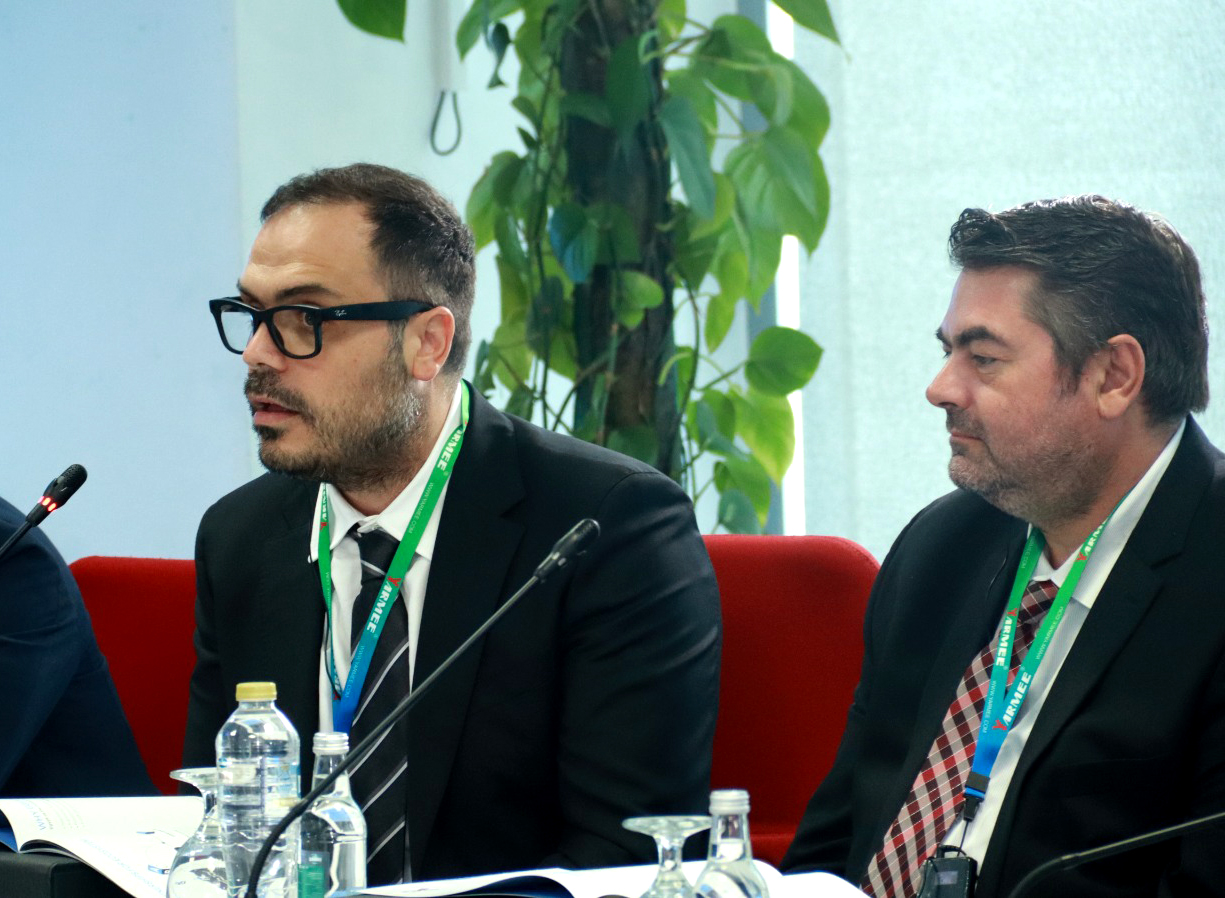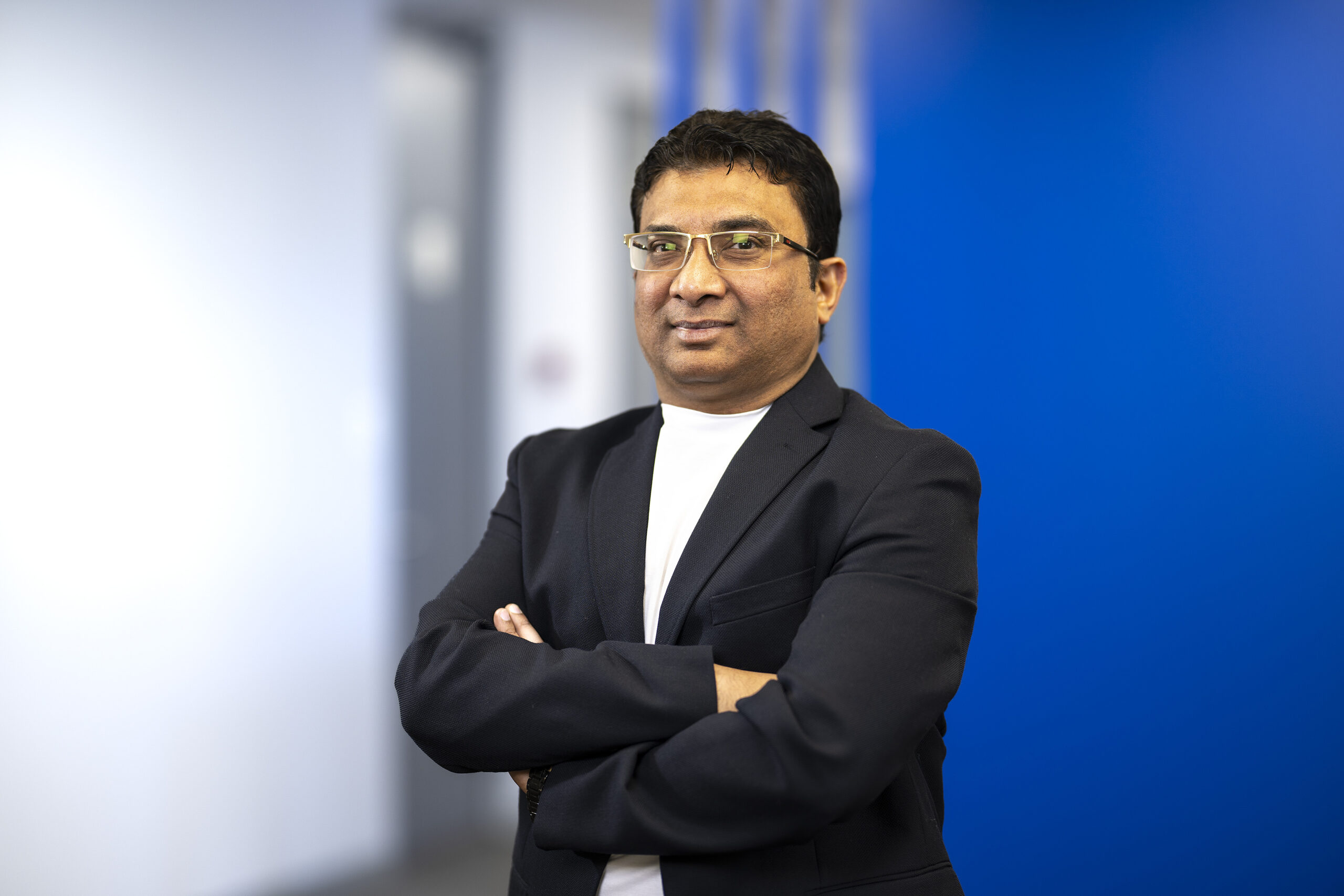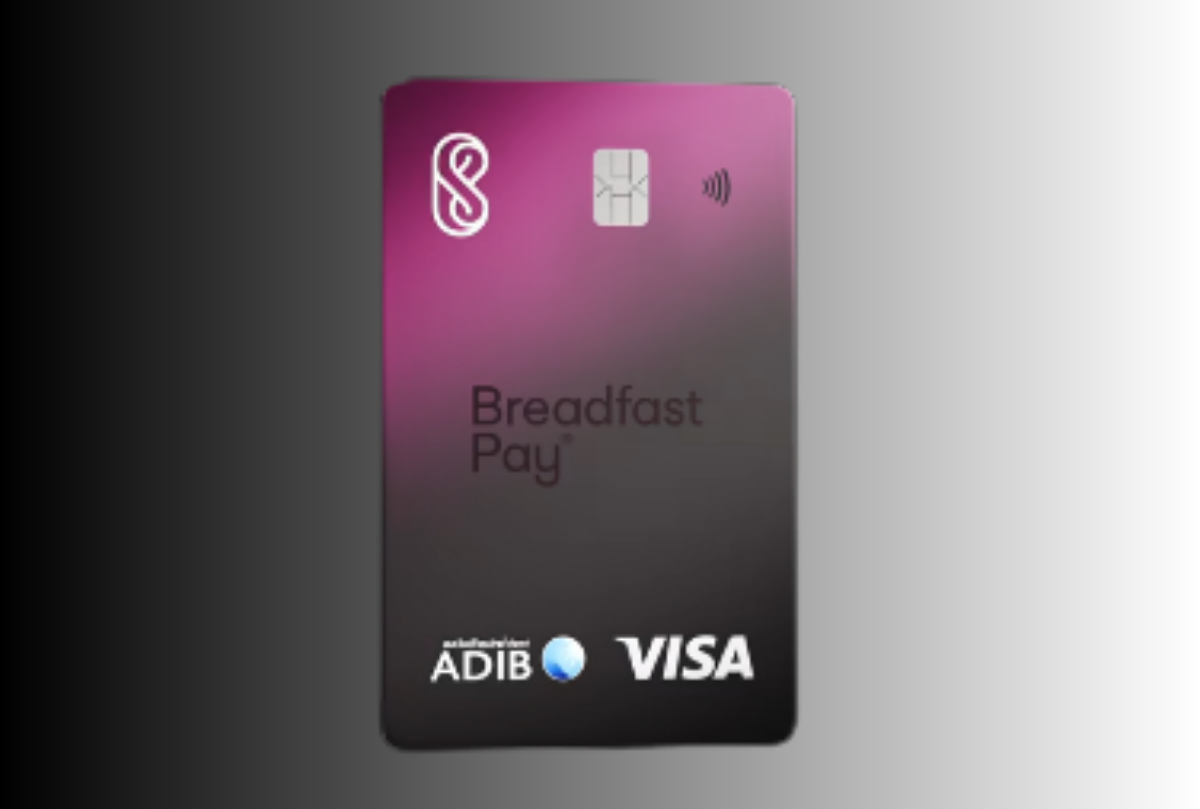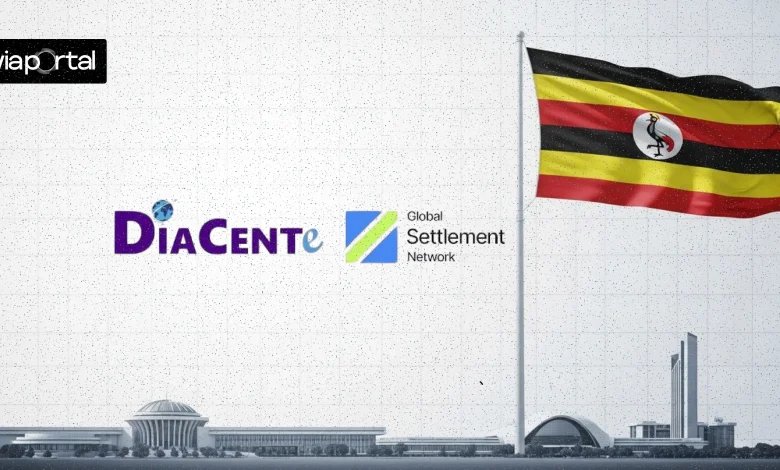Cairo has long been a crossroads of global trade, and now it’s positioning itself at the centre of digital innovation.
This week, blockchain pioneers converged in Egypt’s capital to chart a bold course for MENA’s fintech and digital economy.
This key event, hosted at the newly launched Arab Blockchain Centre, highlights Egypt’s growth as a hub for blockchain adoption in finance, logistics, governance, and beyond.
With remittances fuelling 9% of Egypt’s $386 billion GDP and over 98% of businesses classified as micro, small, or medium enterprises (SMEs), blockchain’s potential for financial inclusion and efficiency is transformative.
The forum marks a strategic alliance to integrate blockchain into MENA’s socio-economic fabric, addressing barriers to mass adoption in developing economies.
Key focus areas include off-chain and cross-border payments, secure documentation sharing, and remittance solutions, all critical for the 15 million Egyptians abroad sending $35 billion annually.
By leveraging scalable infrastructures like the Sui Blockchain, participants aim to promote transparent, borderless digital ecosystems that empower underserved communities.
Visionary Leaders Driving MENA Blockchain Innovation
At the heart of this convergence are blockchain luminaries whose expertise spans cryptography, fintech, and global payments.
Kostas Chalkias, Chief Cryptographer and Co-Founder of Mysten Labs, the creators of the high-performance Sui Blockchain, brought insights on scalability and asset ownership.
Mysten Labs’ innovations are pivotal for handling MENA’s high-volume transactions without bottlenecks.
Complementing him is Mohamed Abdou, CEO and Founder of Pravica, a MENA-centric blockchain infrastructure firm.
Pravica specialises in secure digital communication tools and fintech solutions like S3 Money, emphasising on-chain Banking 2.0.
The Arab Blockchain Centre, a collaborative venture between Pravica and the Arab Academy for Science, Technology and Maritime Transport (AASTMT), served as the event’s venue, symbolising academic-industry synergy.
Gregorios Siourounis, co-founder and CEO of xMoney Global (formerly Money.com), shared his blueprint for seamless cross-border digital payments.
With a focus on connecting global financial hubs, xMoney envisions eliminating barriers from Cairo to New York.
Rounding out the core group is A. Tony Amer, CEO of EMURGO Labs, a Cardano ecosystem pioneer. EMURGO’s emphasis on enterprise-grade blockchain positions it to bridge MENA’s traditional sectors with decentralised tech.
High-level representatives from Egypt’s academic, banking, and governmental sectors attended, ensuring diverse stakeholder input.
This multidisciplinary approach highlights blockchain’s role in fostering trust and collaboration across industries.
Unpacking Blockchain Use Cases for MENA’s Challenges
Discussions delved into practical blockchain applications, prioritising solutions for developing nations. Cross-border payments emerged as a frontrunner, with blockchain enabling instant, low-cost remittances, vital for Egypt’s economy.
Off-chain mechanisms were explored to enhance scalability, while digital identity frameworks promise secure, confidential governmental documentation sharing.
Logistics and trade finance also featured prominently, leveraging blockchain for transparent supply chains and carbon markets.
In academia, tokenised credentials could democratise education access. The forum addressed regulatory hurdles, noting Egypt’s prohibition on crypto trading but proactive blockchain pilots in trade, logistics, and Central Bank Digital Currency (CBDC) exploration.
No comprehensive crypto regulations exist, yet these implementations signal a maturing ecosystem.
For SMEs dominating Egypt’s business landscape, blockchain could reinvent lending, supply chain verification, and international trade, reducing costs and fraud risks.
By solving interoperability and adoption challenges, MENA could leapfrog traditional infrastructures, mirroring global trends in Asia and Europe.
Insights from Blockchain Pioneers
By leveraging blockchain technology, our goal is to build a truly on-chain Banking 2.0 infrastructure that provides transparency, efficiency, and unprecedented access to financial services. This is a massive step towards financial inclusion for Egypt,the work is complex, but the potential is limitless.
Mohamed Abdou,CEO and Founder of Pravica
The discussions we’ve had here in Cairo, focused on practical blockchain applications like cross-border payments and digital identity, are essential for building a more inclusive and efficient financial future for the MENA region. Sui’s architecture is uniquely positioned to empower this transition.
Kostas Chalkias,Co-Founder and Chief
Cryptographer of Mysten Labs, creators of Sui
Standing in Egypt, a country that has connected civilisations for millennia, we are reminded that financial systems must also connect people across borders. Our mission at xMoney is to make cross-border payments seamless and secure.
Gregorios Siourounis,CEO of xMoney Global
Blockchain holds the potential to reshape how economies function,Our goal is to ensure that Egypt and the region are not just observers but active participants in shaping its future.
A. Tony Amer,CEO and
Founder of EMURGO Labs
Egypt’s Evolving Position:
While Egypt bans crypto utilisation, blockchain thrives in regulated pilots. This balance promotes innovation without volatility risks, positioning MENA for sustainable growth.
This Cairo conclave isn’t just a meeting; it’s a blueprint for MENA’s digital renaissance. As blockchain use cases proliferate, Egypt leads the charge toward equitable, efficient economies. Stakeholders worldwide should watch closely; the Arab world’s blockchain wave is just beginning.
Ronnie Paul is a seasoned writer and analyst with a prolific portfolio of over 1,000 published articles, specialising in fintech, cryptocurrency, climate change, and digital finance at Africa Digest News.






Leave a Reply